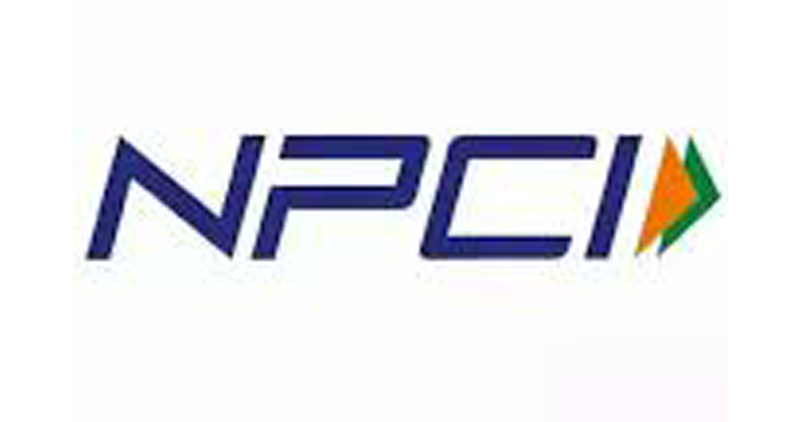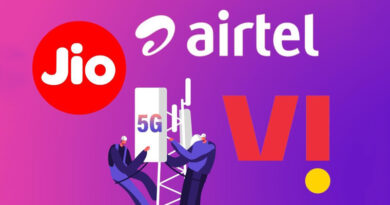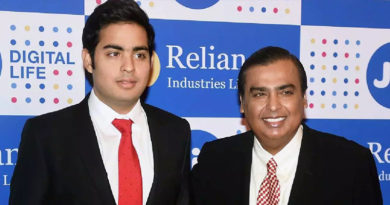NPCI will decide the limit of person to merchant payment itself: RBI’s permission received, person to person limit will remain ₹ 1 lakh
Now the National Payments Corporation of India i.e. NPCI can decide the payment limit for person-to-merchant itself. RBI Governor Sanjay Malhotra informed about this decision after the meeting of the Reserve Bank’s Monetary Policy Committee (MPC) which ran from 7 to 9 April.
Currently the payment limit for person-to-merchant is Rs 2 lakh. This decision of RBI means that NPCI, which regulates UPI, can now increase or decrease the limit of Rs 2 lakh. The limit for person to person UPI transaction will remain Rs 1 lakh.
Person-to-Person and Person-to-Merchant
Person-to-Person (P2P) payment limit means the maximum amount a person can transfer to another person via UPI. This limit is currently one lakh rupees.
Person-to-Merchant (P2M) payment limit means the maximum amount a person can transfer to a business or merchant via UPI. This limit is currently two lakh rupees.
3 big things from RBI monetary policy meeting…
Repo rate cut for the second consecutive time: Reserve Bank of India (RBI) has reduced the repo rate by 0.25% to 6%. Earlier it was 6.25%. After this cut, loans may become cheaper in the coming days. At the same time, your EMI will also decrease.
0.25% cut was made in February also: Earlier, in the last meeting of the financial year 2024-25, RBI had cut interest rates by 0.25%. In the meeting held in February, interest rates were reduced from 6.5% to 6.25%. This cut was made by the Monetary Policy Committee after about 5 years.
Growth and inflation forecast for FY26: RBI Governor Sanjay Malhotra said that India’s real GDP growth is estimated to be 6.5% in the financial year 2025-26. Retail inflation rate (CPI) is likely to be around 4%. The governor said that the focus of monetary policy would be on controlling inflation while maintaining growth.
UPI is operated by NCPI
RBI has the operation of RTGS and NEFT payment systems in India. Systems like IMPS, RuPay, UPI are operated by the National Payment Corporation of India (NPCI). The government had mandated a zero-charge framework for UPI transactions from January 1, 2020.



